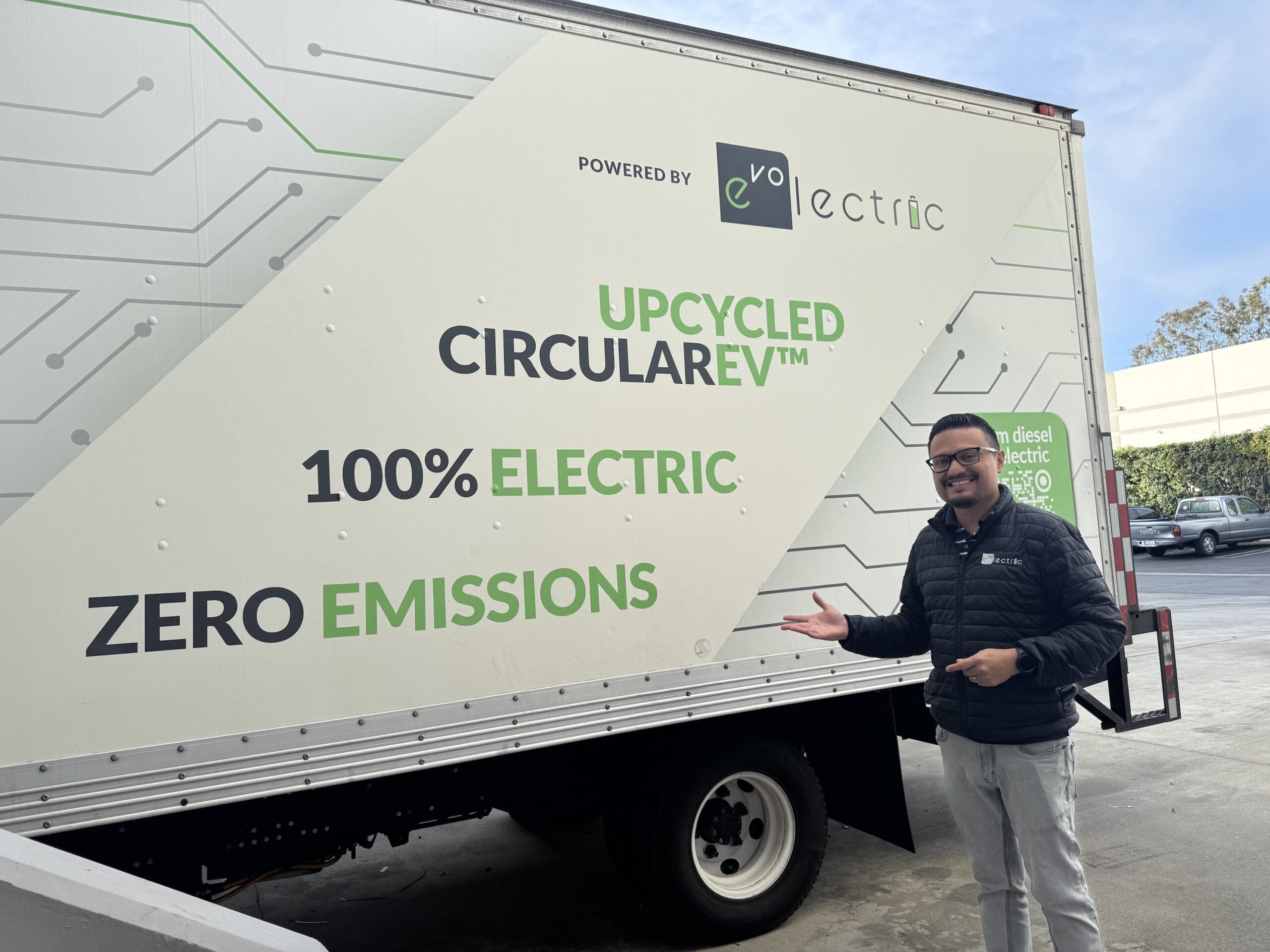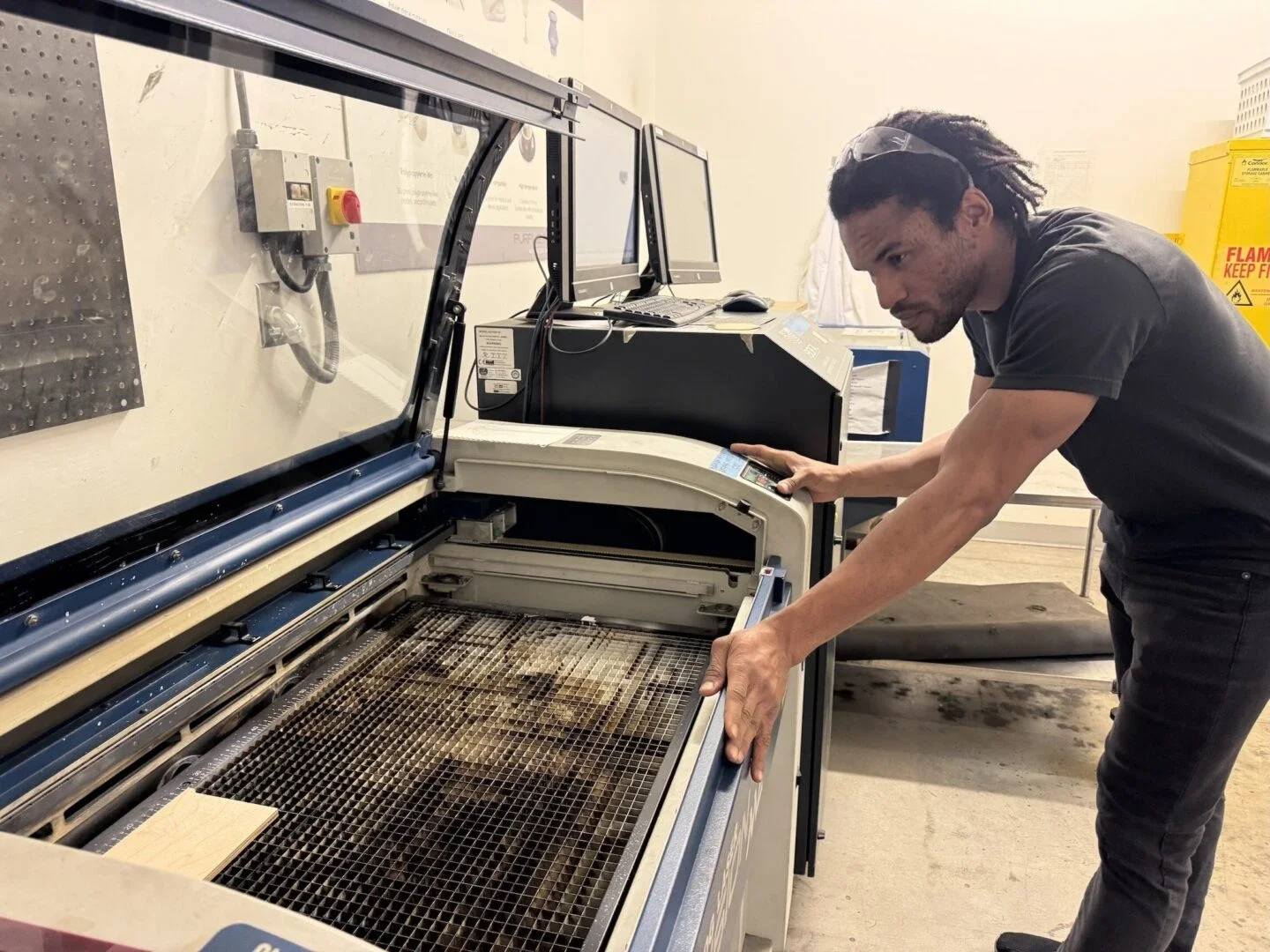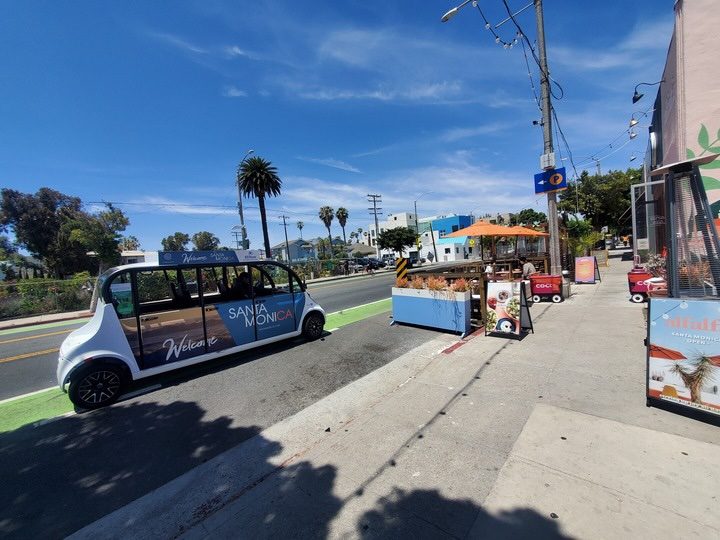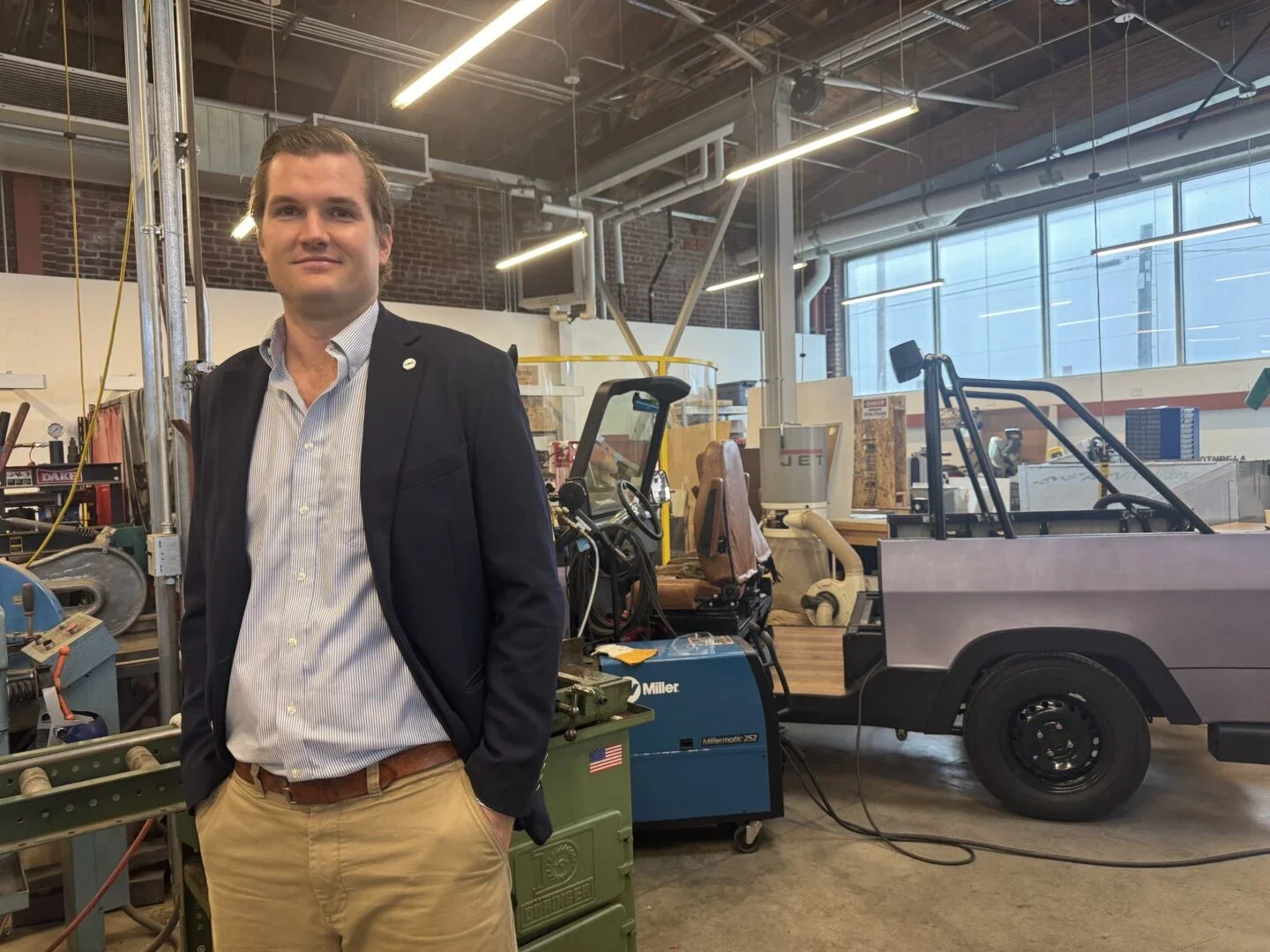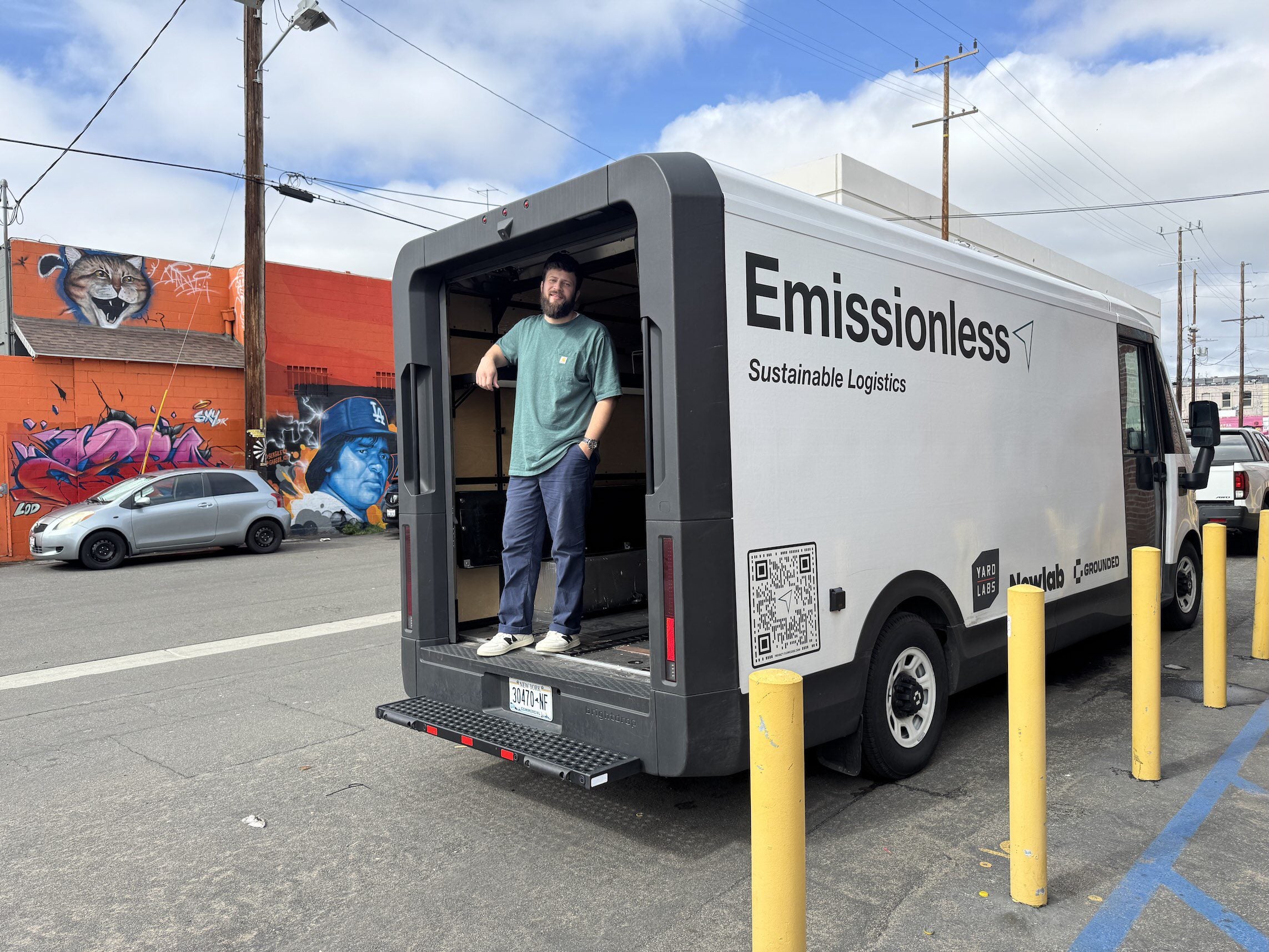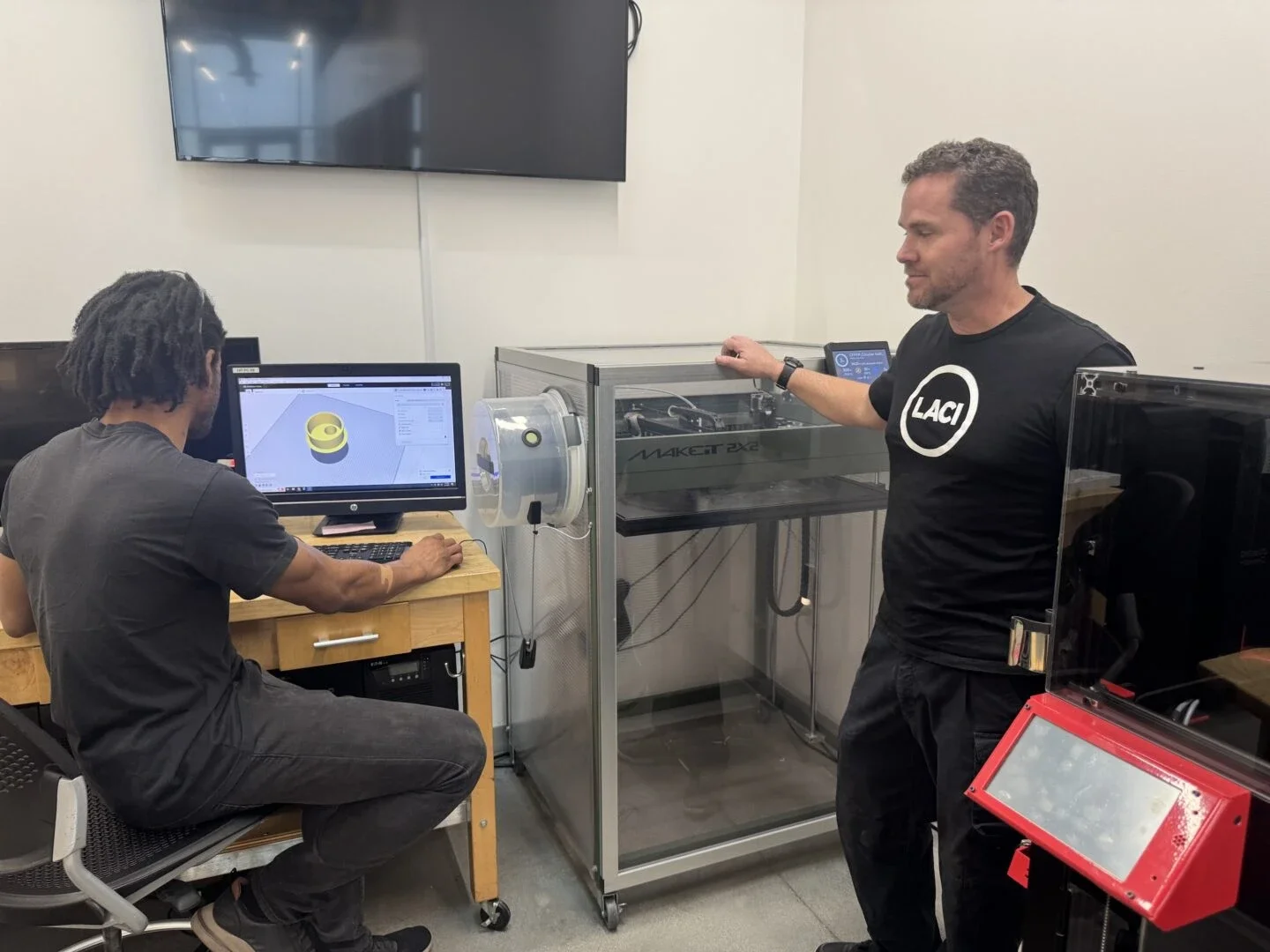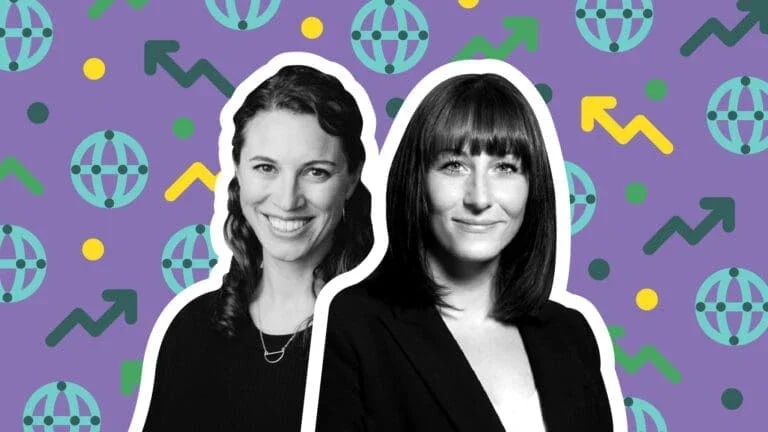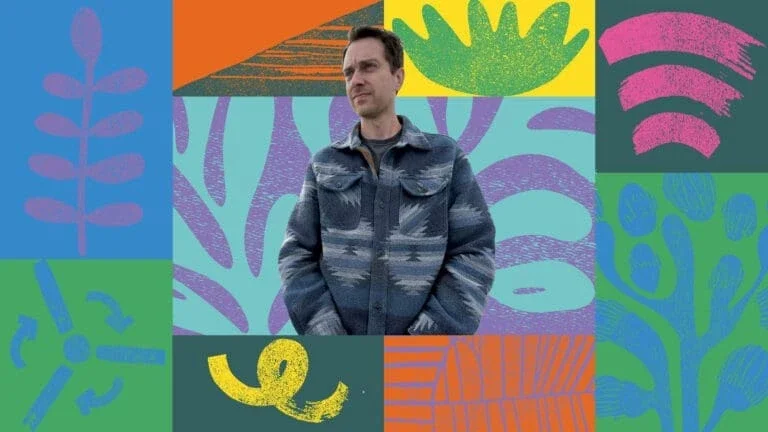With last-mile delivery demand set to rise 78 percent globally by 2030, a growing reliance on delivery vehicles is fueling congestion and emissions.
- 0
portfolio companies have been supported by LACI
- 0JobsJobs
directly created through LACI's incubation of portfolio companies
- 0%%
increase in last-mile delivery demand anticipated by 2030
Can Simple Ideas Change the Way American Cities Move?
With last-mile delivery demand set to rise 78 percent globally by 2030, a growing reliance on delivery vehicles is fueling congestion and emissions. The Los Angeles Cleantech Incubator supports innovations to meet that challenge.
Saving Governments Money
Another LACI entrepreneur, Jordon Justus, supported the Santa Monica sandbox through his company Automotus, which uses technology to automate parking violations. The work created a blueprint for cities, delivery fleets, and tech companies to collaborate in addressing last-mile delivery issues while reducing urban congestion and emissions.
Overall, Automotus, founded in 2017, says its work has reduced double-parking hazards by 73 percent, increased parking turnover rates by 26 percent, and reduced city congestion and emissions by 16 percent.
“Thirty percent of traffic in all cities is drivers searching for parking,” Justus said. “By automating curb management, we can ease congestion and save local governments time and money.
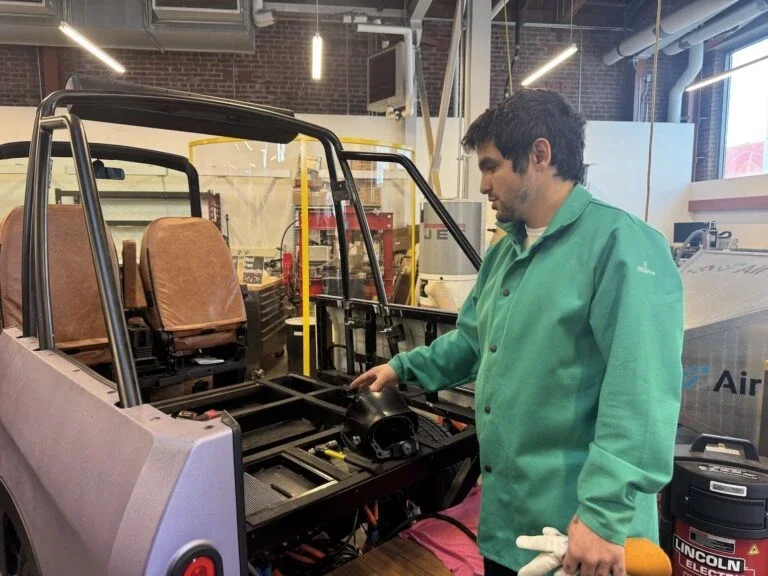
More in this Matter of Impact Edition
A Nonprofit Creates Disaster-Ready Shelters with Solar Power
Go back to the previous story, which highlights efforts to cut municipal costs, lighten the load on emergency services, and empower the community to endure and recover.
Read MoreA Big Bets Fellow Turns a Seaweed Challenge into a Resource Opportunity
The next story showcases how an invasive seaweed crisis is being turned into an economic success.
Read More